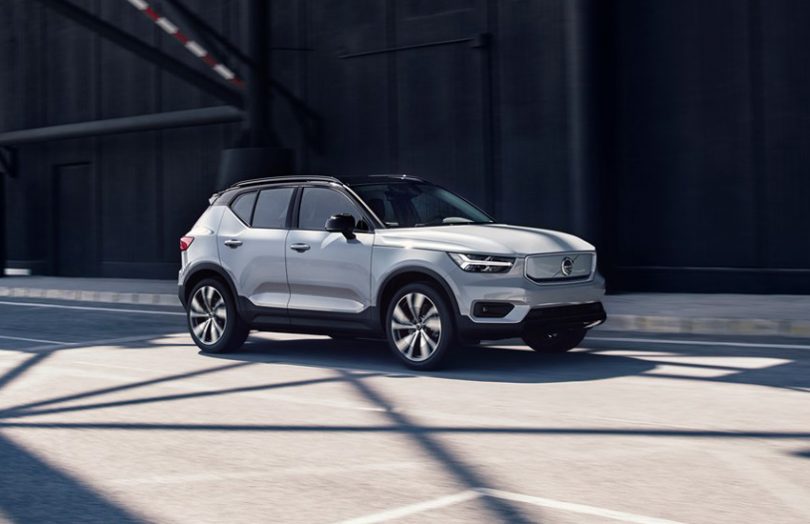Today Volvo said it is investing in blockchain traceability firm Circulor. The two firms have already been working together on cobalt traceability, which is used in electric car batteries.
A large proportion of cobalt is mined in the Democratic Republic of Congo, where up to 20% of the mineral comes from artisanal mines with dangerous working conditions, sometimes including child labor. Hence there’s a need to demonstrate the mineral is ethically sourced.
“We are committed to an ethical supply chain for our raw materials and our partnership with Circulor has been instrumental in that regard,” said Martina Buchhauser, chief procurement officer at Volvo Cars. “By supporting Circulor’s ongoing development we can expand the use of blockchain technology in our operations and contribute to a more sustainable business.”
The funding is being made through Volvo Cars Tech Fund and the other investors are SYSTEMIQ, Total Carbon Neutrality Ventures (part of the Total oil company) and Plug & Play. Volvo’s investment is in the single digit millions.
The car giant says that Circulor’s blockchain is already being used through its battery supply chain, and it will have 100% traceability of cobalt used in the XC40 Recharge P8, Volvo’s first fully electric car. Production commences later this year. It involves its battery suppliers CATL and LG Chem. Last November, Volvo joined the Responsible Sourcing Blockchain Network where LG Chem is also a member. However, Volvo decided to use the Circulor solution it had already deployed for its CATL supply chain.
The auto firm is also exploring working with Circulor in other areas including for other minerals such as mica, and tracking CO2 footprints, something that Circulor is already trialing with Mercedes-Benz.
Circulor has been involved in traceability for other minerals such as conflict mineral tantalum, in a project involving the Rwandan government, mining company PRG Resources which supplies Apple, and a refiner.
Apart from mineral tracing and tracking CO2 footprints, plastic recycling is another application of Circulor’s platform. “The chemical recycling of plastic is going to be a significant growth area,” Circulor CEO Douglas Johnson-Poensgen told Ledger Insights. “Potentially tracking waste as a raw material back into plastic is another application of our solution, and that’s why Total has invested.” It’s an area being explored elsewhere by BASF in Canada and German plastics companies DOMO and Covestro.
Additionally, Volvo is looking to help Circulor potentially set standards for ethical sourcing in automotive and other industries.
Standards
That’s something Circulor is already progressing through a collaboration with fellow blockchain startup Everledger.
Johnson-Poensgen said: “We’re actively working with Everledger on a credible approach to – let’s call it – interoperability, data interchange, between competing platforms in an attempt to address one of the barriers to adoption. Which is people waiting for a multi provider environment where things can talk to each other.”
The solution is not true blockchain interoperability, as in cross chain transactions. But the aim is to “move data between our platforms in ways that can be trusted by our respective clients,” said Johnson-Poensgen. Both Everledger and Circulor use Hyperledger Fabric, but given it is data interchange, the objective is for a solution that can work across any blockchain technology platform.
The CEO also emphasized the need for standards to talk the same language. He said: “I might call it an automobile, you might call it a car. We had to sort some of that plumbing out first.”






